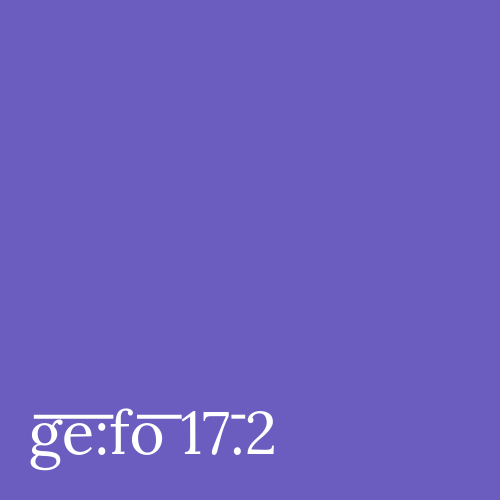The New Eugenics of Transhumanism: A Feminist Assessment
DOI:
https://doi.org/10.18716/ojs/gefo/2018.2468Keywords:
transhumanism, eugenics, disabilityAbstract
Transhumanists are futurists who aim to upgrade the human into a posthuman species by supporting the use of reproductive technologies. The transhumanists Nick Bostrom, John Harris, and Julian Savulescu are bioethics scholars who identify as “new” eugenicists. They disavow the beliefs and practices of the late nineteenth, early twentieth century—here referred to as the “old” eugenics. They claim that contrary to these outdated eugenic principles it is individuals, not governments, who should determine the use of biotechnology. However, the new eugenicists insist that human beings are obligated to pursue the posthuman. In this paper, I contend that the principles of the new eugenic movement are not identical, but still worryingly similar to those of the old eugenics. The individualism of the new eugenics does not change the fact that its implications are strikingly similar to the old eugenic ideal of the able-bodied person. The new eugenicists suggest that the posthuman state aspires for the transcendence of the human body, and the elimination of dependence and chronic pain. Hence, they argue for a moral obligation to use biotechnology to prevent the births of many people with conditions that they consider to be disabilities. The new eugenicists defend their claims by supporting an antiquated medical model of disability that solidifies their connection to the old eugenics, and conflates disability with genetics, disease, and impairment. The feminist disability theorist Melinda Hall has challenged their contentions with a cultural model of disability. This paper will use the feminist disability theorist Jackie Leach Scully’s position on vulnerability to lend support to Hall’s argument. Hall and Scully show that the new eugenic position on disability is ableist and untenable, and much closer to the ideals of the old eugenics than Bostrom, Harris, and Savulescu admit.



